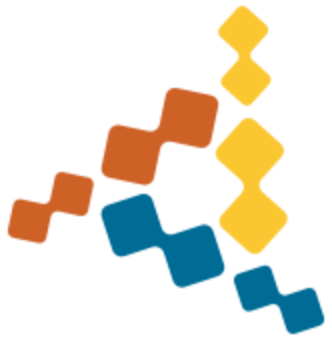Older interfaces¶
In addition to the direct and install_aliases() interfaces (described in
Standard library imports), future supports four other interfaces to
the reorganized standard library. This is largely for historical reasons (for
versions prior to 0.14).
future.moves interface¶
The future.moves interface avoids import hooks. It may therefore be more
robust, at the cost of less idiomatic code. Use it as follows:
from future.moves import queue
from future.moves import socketserver
from future.moves.http.client import HTTPConnection
# etc.
If you wish to achieve the effect of a two-level import such as this:
import http.client
portably on both Python 2 and Python 3, note that Python currently does not support syntax like this:
from future.moves import http.client
One workaround is to replace the dot with an underscore:
import future.moves.http.client as http_client
Comparing future.moves and six.moves¶
future.moves and six.moves provide a similar Python 3-style
interface to the native standard library module definitions.
The major difference is that the future.moves package is a real Python package
(future/moves/__init__.py) with real modules provided as .py files, whereas
six.moves constructs fake _LazyModule module objects within the Python
code and injects them into the sys.modules cache.
The advantage of six.moves is that the code fits in a single module that can be
copied into a project that seeks to eliminate external dependencies.
The advantage of future.moves is that it is likely to be more robust in the
face of magic like Django’s auto-reloader and tools like py2exe and
cx_freeze. See issues #51, #53, #56, and #63 in the six project for
more detail of bugs related to the six.moves approach.
import_ and from_import functions¶
The functional interface is to use the import_ and from_import
functions from future.standard_library as follows:
from future.standard_library import import_, from_import
http = import_('http.client')
urllib = import_('urllib.request')
urlopen, urlsplit = from_import('urllib.request', 'urlopen', 'urlsplit')
This interface also works with two-level imports.
Context-manager for import hooks¶
The context-manager interface is via a context-manager called hooks:
from future.standard_library import hooks
with hooks():
import socketserver
import queue
import configparser
import test.support
import html.parser
from collections import UserList
from itertools import filterfalse, zip_longest
from http.client import HttpConnection
import urllib.request
# and other moved modules and definitions
This interface is straightforward and effective, using PEP 302 import hooks. However, there are reports that this sometimes leads to problems (see issue #238). Until this is resolved, it is probably safer to use direct imports or one of the other import mechanisms listed above.
install_hooks() call (deprecated)¶
The last interface to the reorganized standard library is via a call to
install_hooks():
from future import standard_library
standard_library.install_hooks()
import urllib
f = urllib.request.urlopen('http://www.python.org/')
standard_library.remove_hooks()
If you use this interface, it is recommended to disable the import hooks again
after use by calling remove_hooks(), in order to prevent the futurized
modules from being invoked inadvertently by other modules. (Python does not
automatically disable import hooks at the end of a module, but keeps them
active for the life of a process unless removed.)
